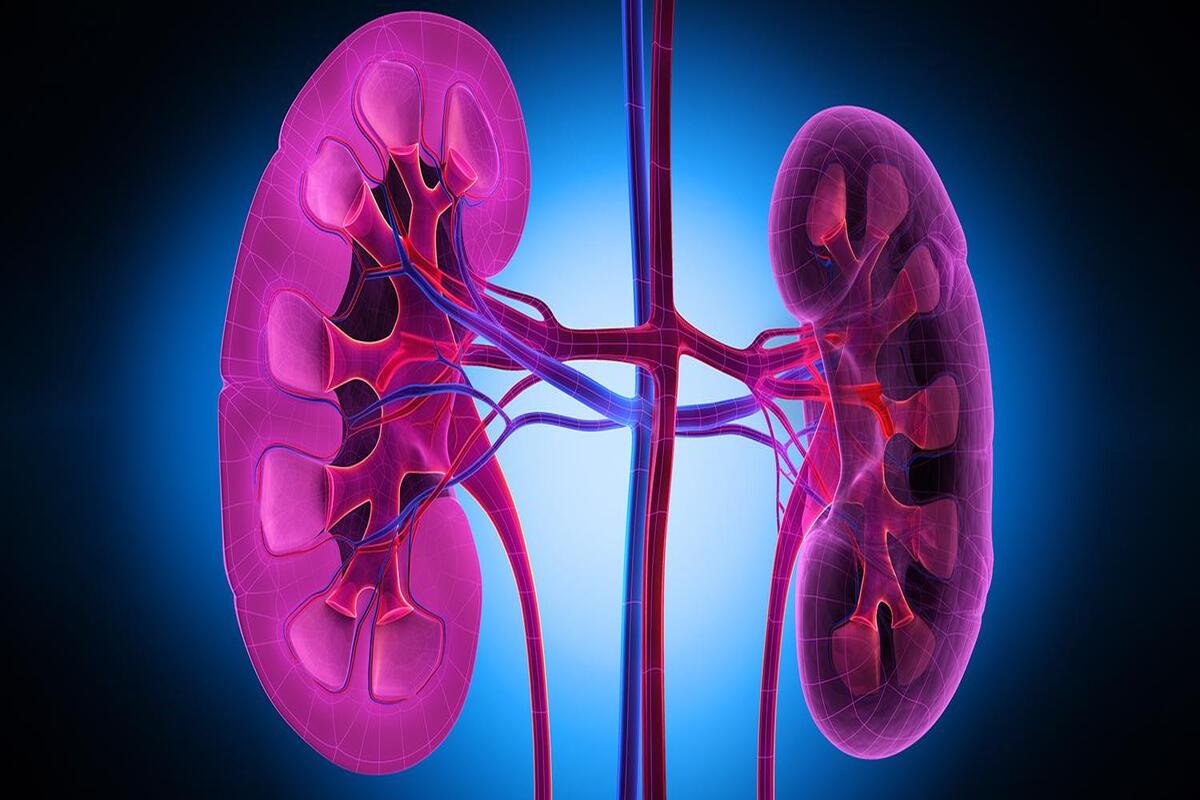“Transplanting kidney from HLA-incompatible alive donors may exhibit consequential survival benefit than receiving kidney from a deceased donor or not at all” says Dorry Segev, in a study published in the recent issue of the New England Journal of Medicine.
The long-term study included 22 transplant centers and analyzed survival rates of 1,025 kidney transplant recipients from HLA-incompatible alive donors, 5,125 patients who are on waiting list or received kidney from a deceased donor, and 5,125 patients on a waiting list but did not receive a deceased-donor kidney. At 8 years, 76.5% survival benefit was observed in transplant recipients from mismatched live donors, which was generously greater than in patients on waiting list or received a deceased-donor kidney (62.9%) and in those on waiting list but didn’t receive a transplant (43.9%).
This study presents a breakthrough in transplant surgery for patients as well as for all those HLA-incompatible living donors who are healthy and willing to donate.
The authors conclude that hard-to-match and sensitized patients should opt to undergo desensitization and receive kidney from incompatible alive donors than to wait for a compatible kidney which is associated with short life. Nonetheless, since HLA incompatibilities are not accounted for case-mix-adjusted criteria, transplant centers using incompatible donors may face regulatory scrutiny and certification loss from the Centers for Medicare and Medicaid Services due to which many of them still refrain from kidney transplantation with incompatible live donors.

